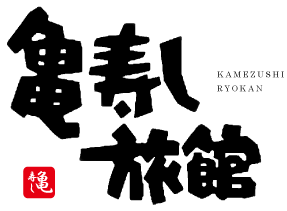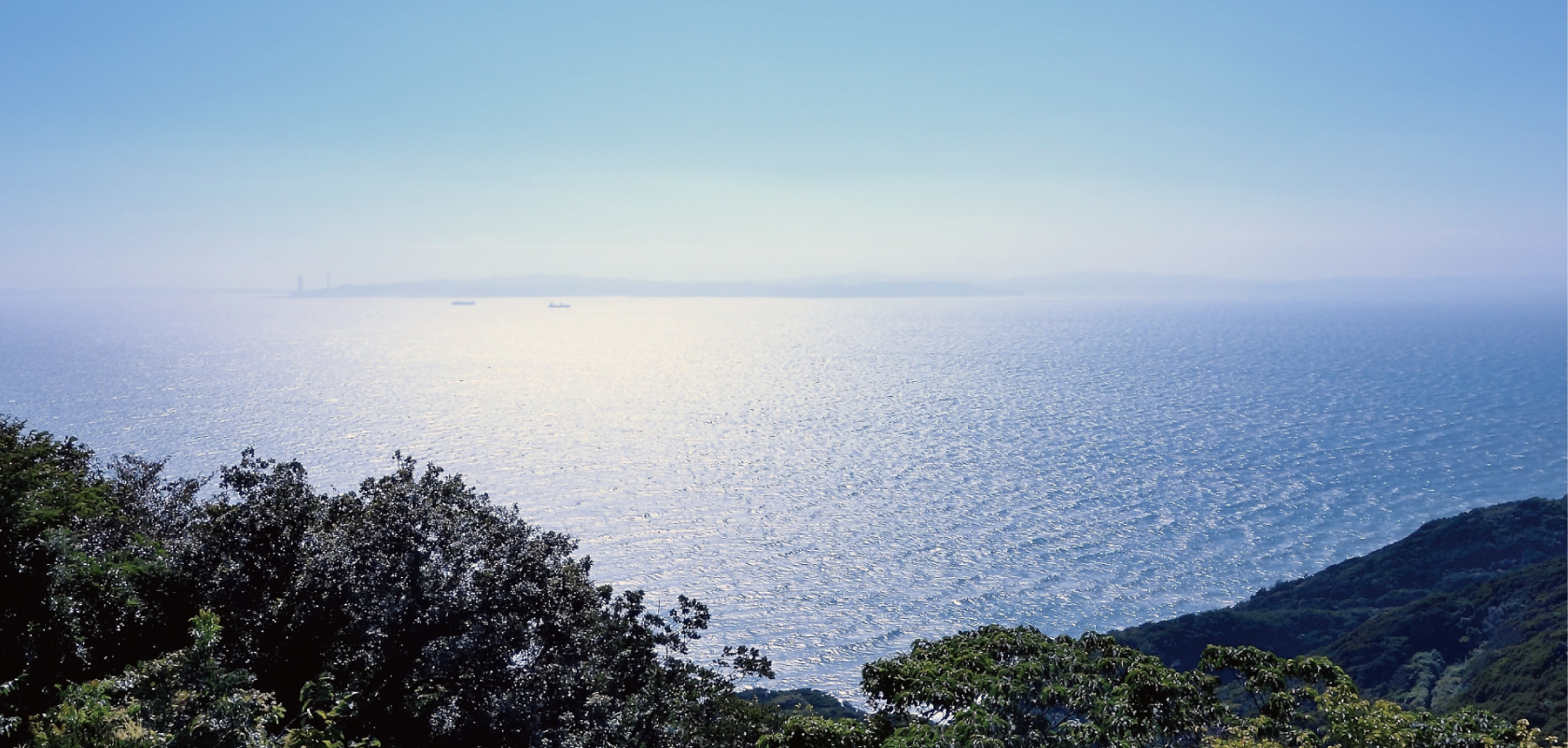Outward Processing Agreement
2021年12月25日
Outward Processing Agreement (OPA) is a trade facilitation measure that allows EU manufacturers to temporarily send their unfinished goods to a third country for processing and subsequent re-importation back into the EU without incurring any additional charges or tariffs.
This agreement is highly beneficial for EU manufacturers who require third-party assistance to produce their goods. This arrangement provides an opportunity for these manufacturers to compete better in the global market by taking advantage of lower production costs and utilizing the expertise and resources of overseas processors.
An OPA is commonly applied to a range of products, including textiles, shoes, and electronics. During the process, the manufacturer must ensure that the goods are processed in compliance with the EU’s rules and regulations, and the finished products must meet the EU’s required standards.
To benefit from the OPA, businesses must have an authorized exporter status and be able to demonstrate that the goods will be processed by an approved processor in the third country. There must also be an agreement between the European manufacturer, the overseas processor, and the customs authorities of both countries.
Businesses who enter into an OPA have a clear advantage in terms of cost-effectiveness and efficiency when compared to their competitors who do not use this arrangement. This is because they are able to access cheaper labor and raw materials, as well as benefit from the expertise of the overseas processor, ultimately reducing their production costs.
In addition to cost savings, an OPA also facilitates the movement of goods across borders and provides a significant reduction in administrative and logistical burdens, such as obtaining export and import documentation. The OPA also offers businesses greater flexibility and speed of response to changes in customer demand, as well as allowing for a quicker turnaround time in the production of goods.
However, there are also risks associated with an OPA, particularly the potential loss of control over the production process, quality, and compliance, which can result in production delays or even loss of business. Therefore, businesses must be diligent in the selection of an appropriate third-party processor, as well as ensuring that the processor adheres to all relevant regulations and standards.
In conclusion, an Outward Processing Agreement is an excellent tool for EU manufacturers looking to expand their business globally while reducing their production costs and increasing efficiency. However, businesses must be aware of the risks involved and proceed with caution, taking all necessary precautions to avoid any potential pitfalls and maximize the benefits of this powerful trade facilitation mechanism.


